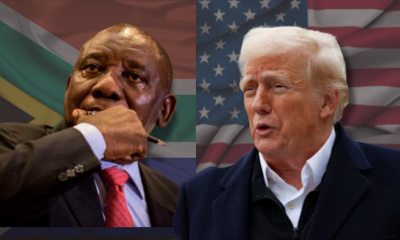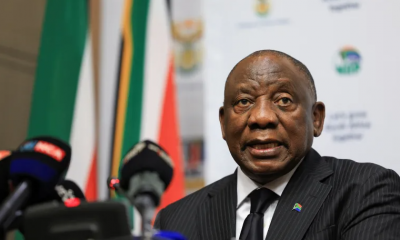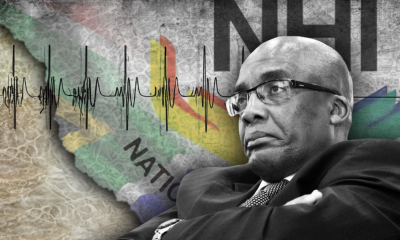411
South Africa’s Expropriation Act: What It Means for Land, Businesses, and Homeowners

South Africa’s government now has broad powers to expropriate land, buildings, and other assets under the Expropriation Act, signed into law by President Cyril Ramaphosa in January 2025. The controversial law allows for property seizures without compensation in certain cases—raising concerns about property rights and economic stability.
What Does the Expropriation Act Allow?
The Act aligns with Section 25 of the Constitution, which permits expropriation for public purpose or public interest. Key provisions include:
Nil Compensation Clause – The government can seize property without payment if deemed “just and equitable.” Examples include:
- Unused or abandoned land (e.g., vacant buildings in CBDs).
- Land for redistribution or reform.
Beyond Just Land – The law applies to buildings, businesses, and other assets if required for public use.
Government Authority – Only the Department of Public Works (or authorized bodies) can expropriate, following legal processes.
Who Is at Risk?
While homes and active businesses are somewhat protected, they could still be targeted if the state argues they serve a greater public need.
- Abandoned properties (like derelict buildings) are primary targets.
- Farmland may be seized for land reform.
- Businesses in strategic locations could face expropriation for infrastructure projects.
Government’s Justification
The government insists the law will:
Speed up land reform and settle historical claims.
Prevent hoarding of unused land.
Promote economic inclusivity.
“Expropriation will only happen under strict legal oversight,” said Public Works Minister Dean Macpherson, denying fears of “Zimbabwe-style land grabs.”
Controversy and Backlash
Critics, including opposition parties and economists, warn:
Property rights are weakened – Compensation is no longer based solely on market value.
Investment fears – Foreign investors may pull out due to uncertainty.
Economic risks – Similar policies in Zimbabwe led to economic collapse.
Political analyst Dr. Frans Cronje argues:
“The real danger isn’t just ‘nil compensation’—it’s that the state can undervalue any property using vague ‘public interest’ criteria.”
What Happens Next?
- The government must prove it will use the law fairly and transparently.
- Legal challenges are expected, especially if homeowners or businesses are affected.
- International reactions (like U.S. funding threats) could pressure policy adjustments.
While the government claims this law will correct historical injustices, critics fear it could deter investment and destabilize the economy. The coming months will test whether expropriation is used responsibly—or abused.
What do you think? Should the state have this power, or is it a threat to property rights?
{Source BusinessTech}
Follow Joburg ETC on Facebook, Twitter , TikTok and Instagram
For more News in Johannesburg, visit joburgetc.com



























